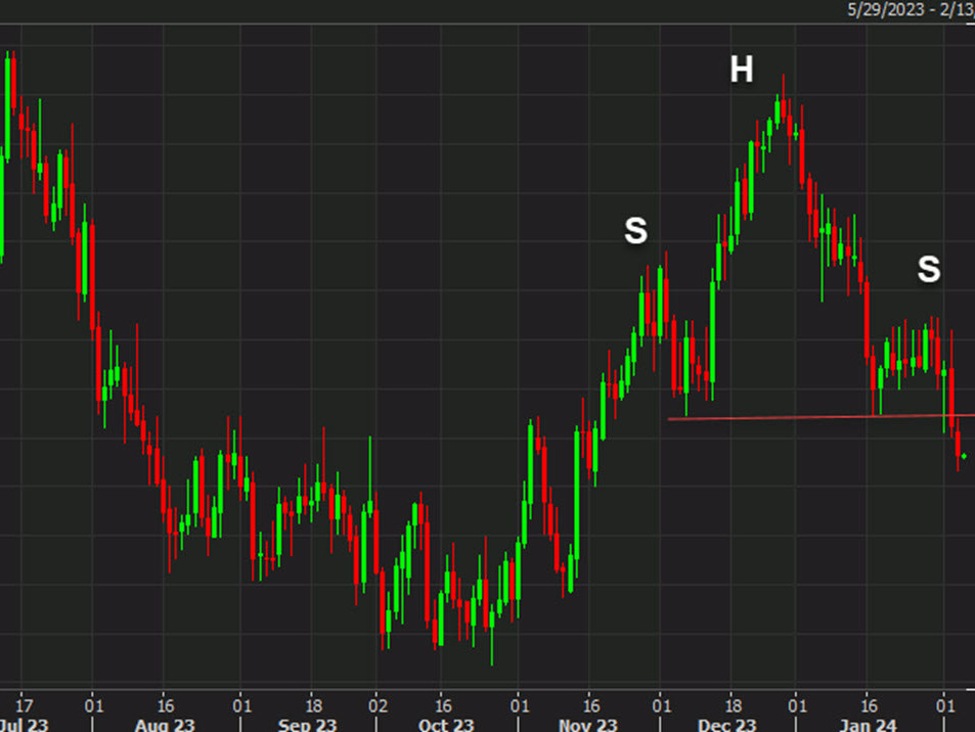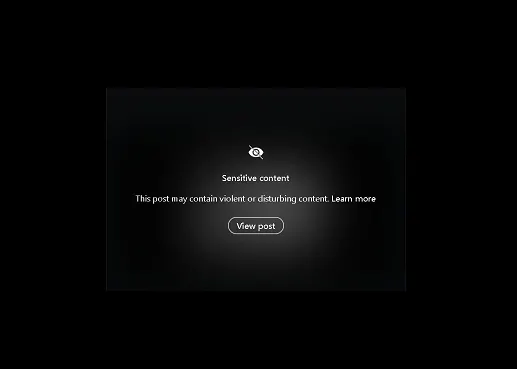China Vanke’s onshore bonds tumbled to fresh record lows on Friday, deepening concerns over the health of one of the country’s last remaining investment-grade property developers. The selloff came after Vanke sought to delay repayment on an onshore bond for the first time, a major red flag for a company long considered one of the sector’s most stable names.
Vanke’s 2027 yuan bond collapsed 22.5% at the open to just 31 yuan per 100 yuan of par, triggering an automatic trading halt on the Shenzhen Stock Exchange. Trading in three other onshore bonds was also suspended as prices plunged.
The latest stress marks a dramatic reversal for Vanke, once viewed as a “national champion” among Chinese developers. For nearly two decades, it operated with comparatively conservative leverage, strong sales, and implicit state support through its ties to Shenzhen’s state-owned entities. But China’s prolonged property downturn, intensified by the government’s “three red lines” deleveraging campaign, has crushed liquidity across the sector. Falling home prices, stalled projects, and weak presales have sharply eroded cash flow, leaving even top-tier names under strain.
Vanke’s troubles escalated through 2024–25 as its sales dropped sharply, offshore bonds traded at distressed levels, and investors questioned its ability to refinance maturing debt. Its request this week to extend an onshore repayment signals that liquidity conditions have tightened further, pulling the company closer to the fate of peers like Evergrande, Country Garden, and Greenland, who all spiralled into default.
The bond-market reaction underscores how fragile confidence has become — and how even China’s “safe” developers are no longer insulated from the sector’s deepening credit stress.
—
Vanke’s bond collapse is likely to pressure wider China HY property credit, weigh on CNH sentiment, and increase calls for stronger state intervention to stabilise funding for developers.














